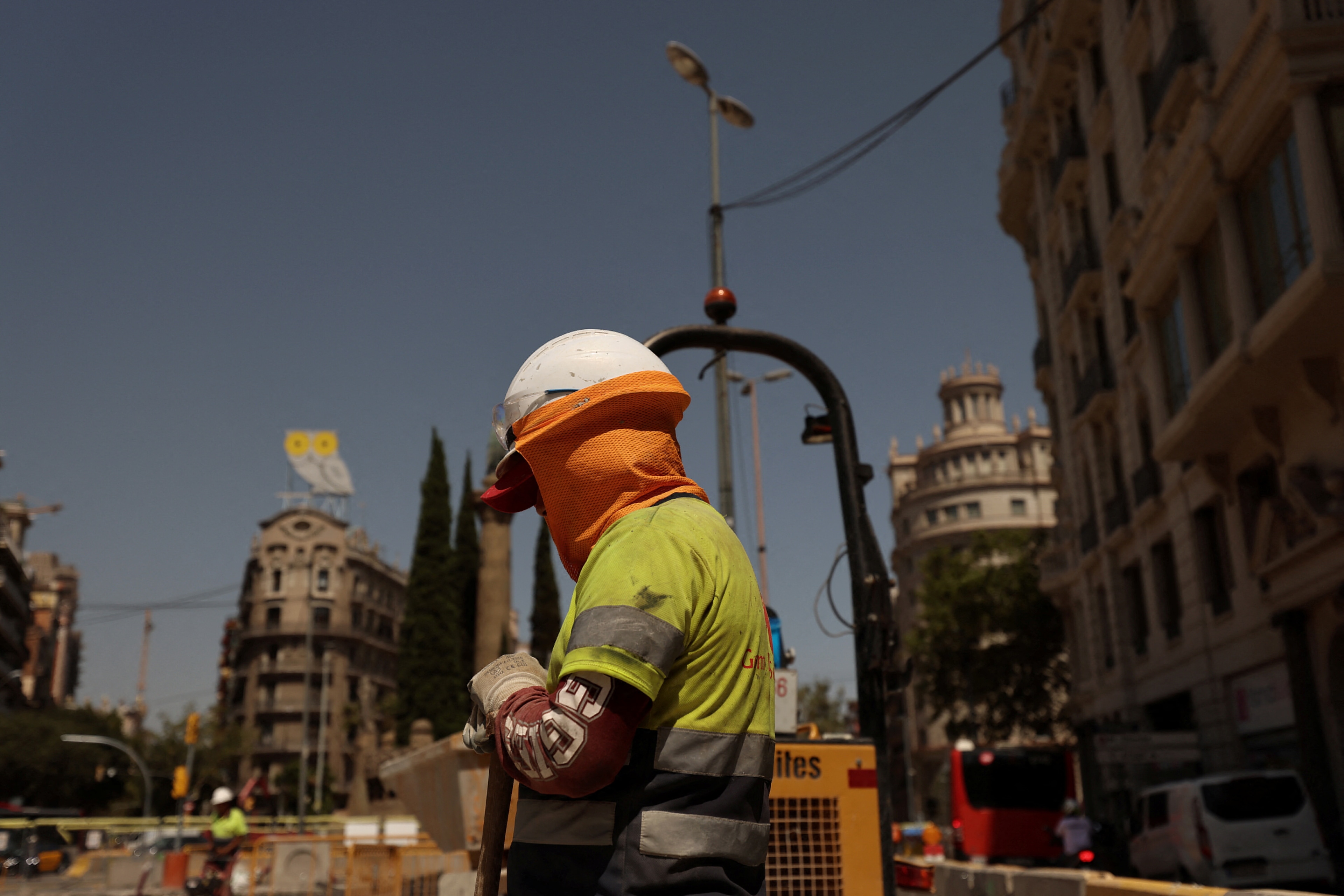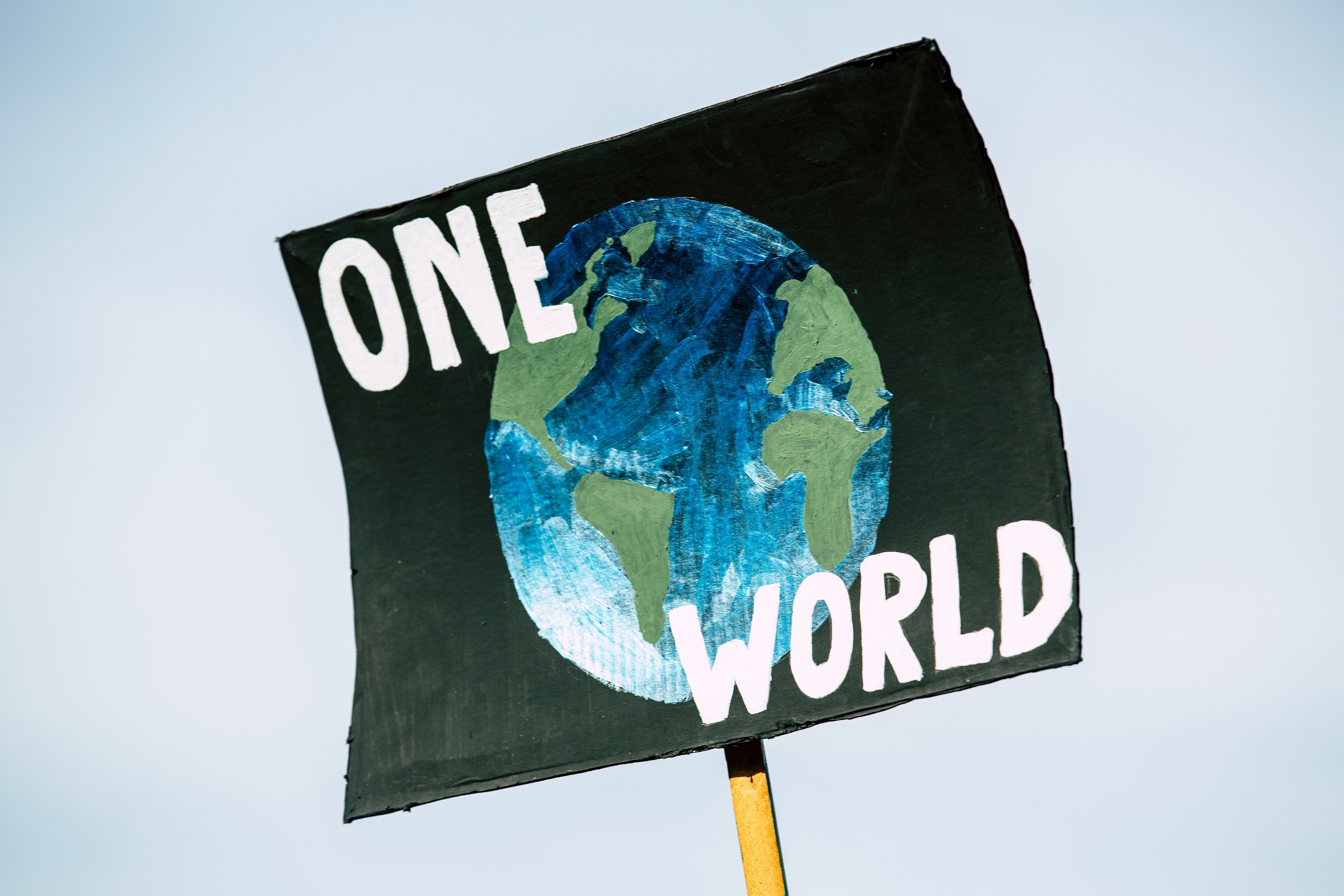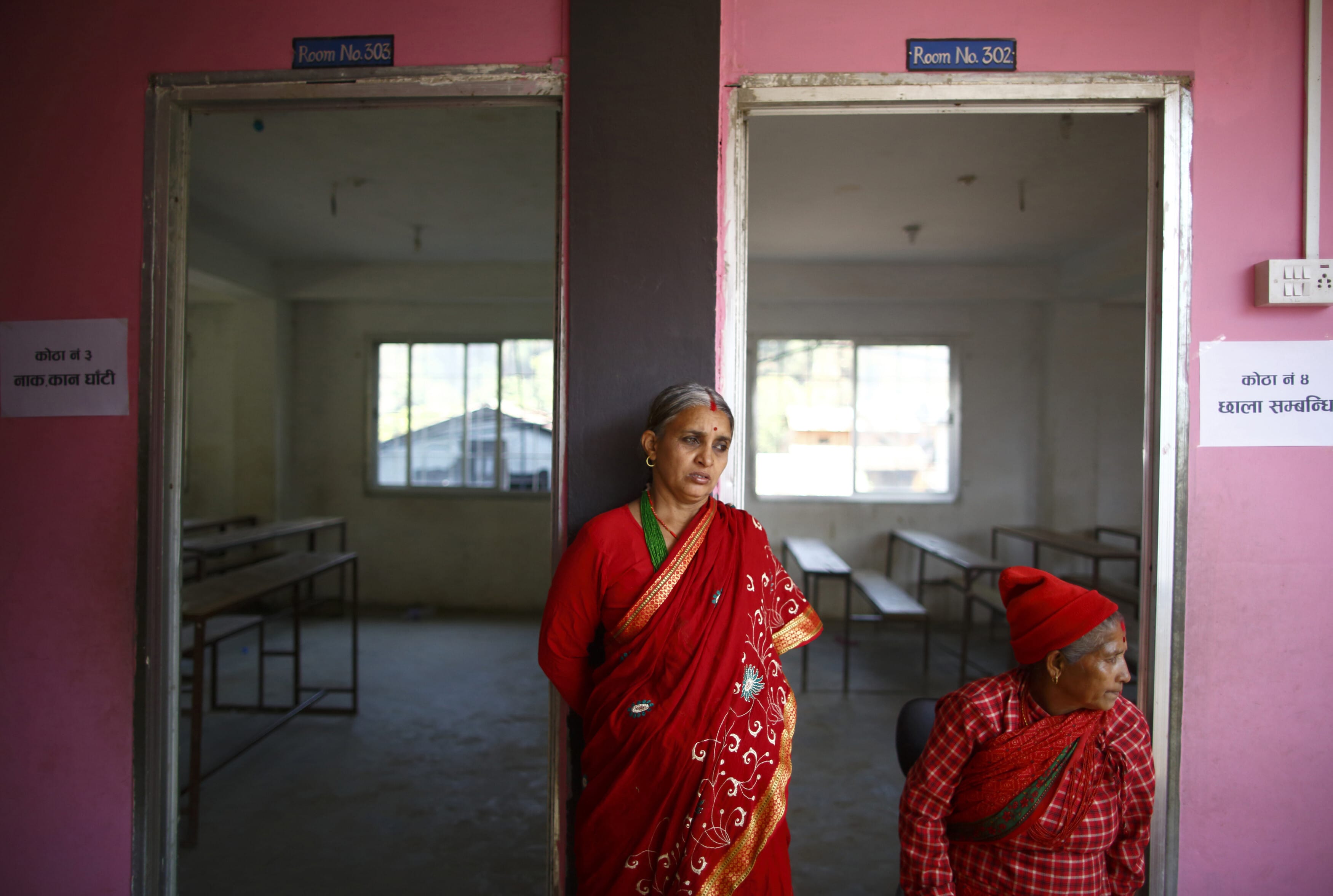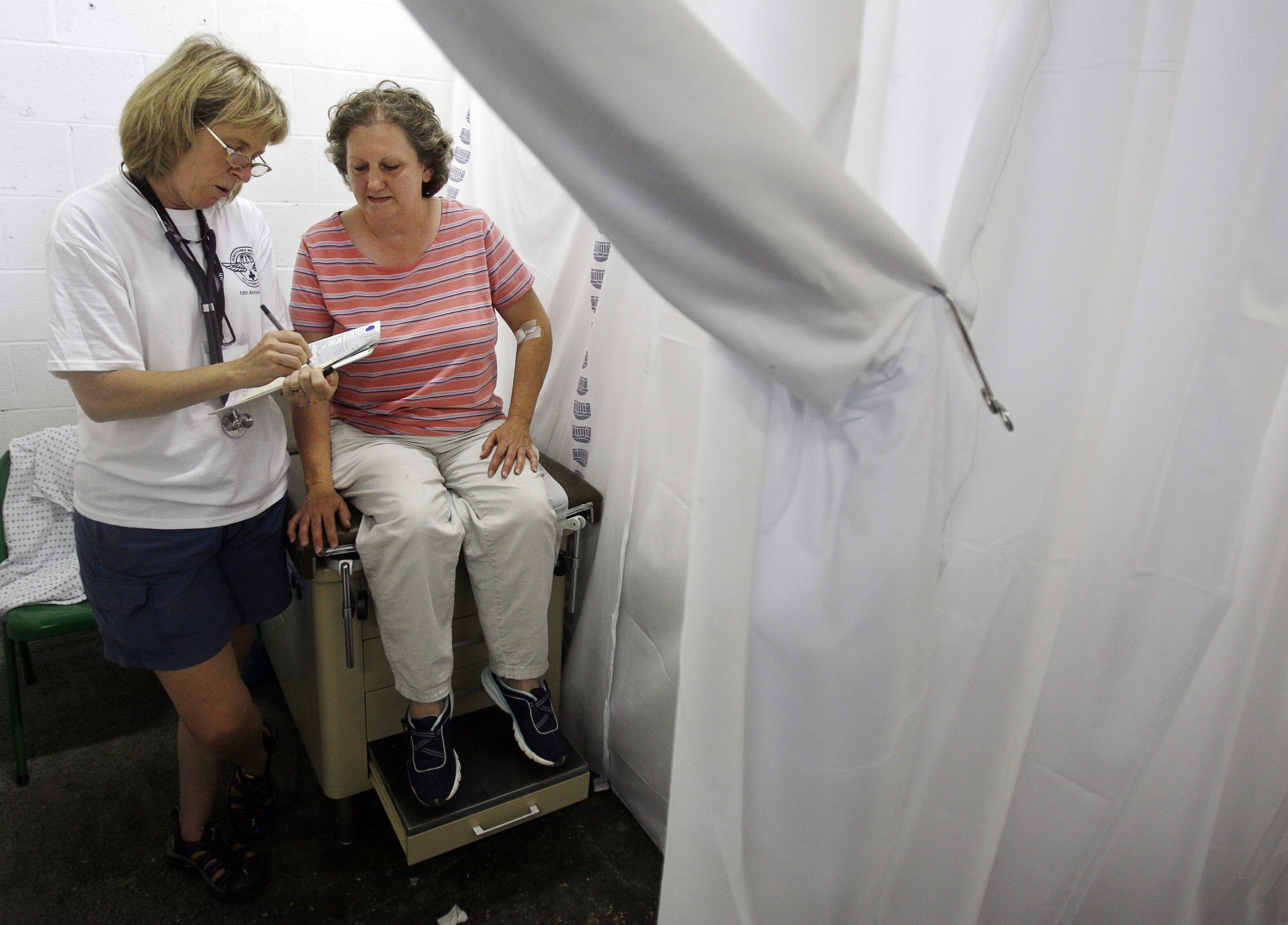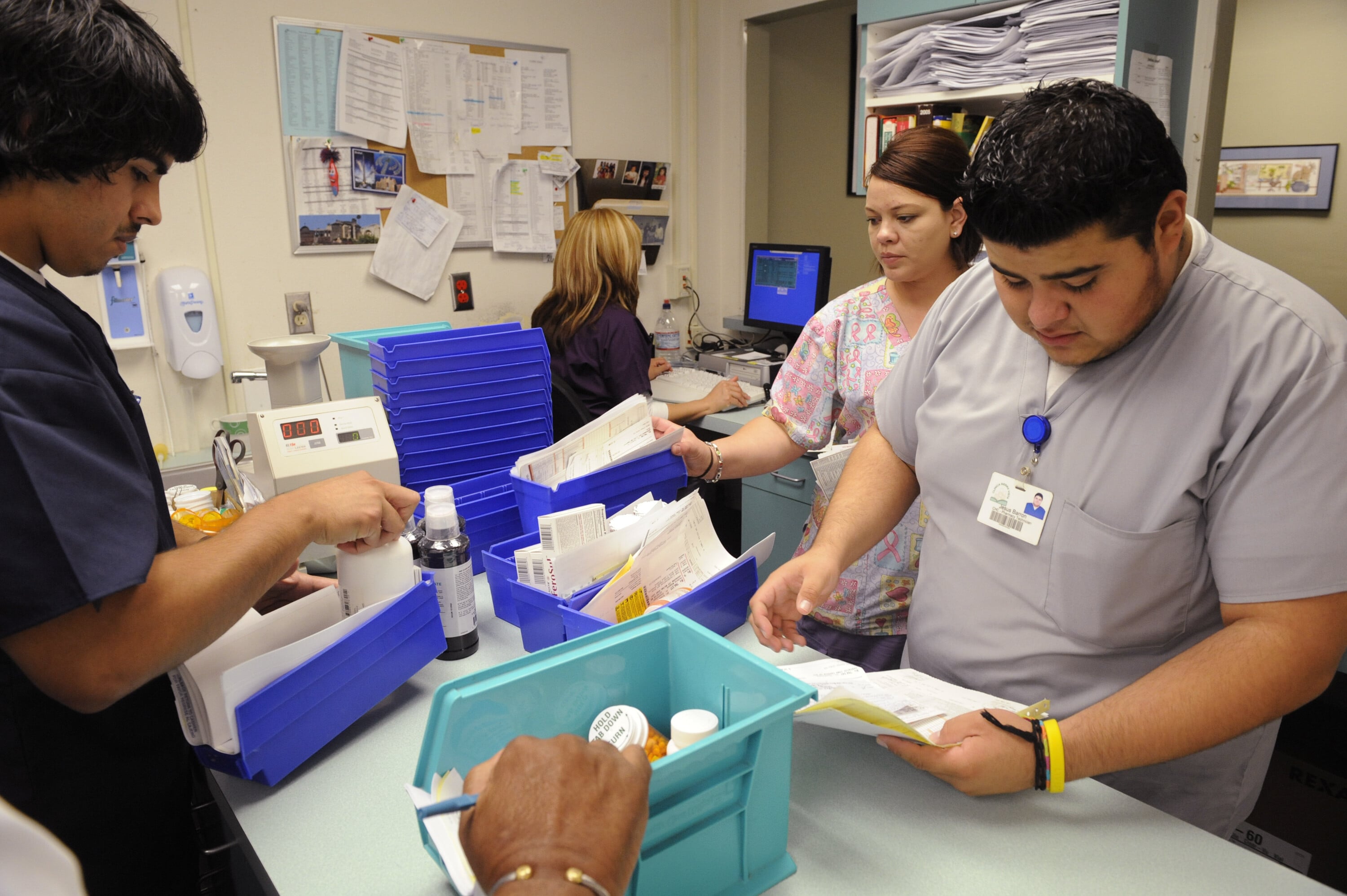Sharing tools to fight COVID-19 'the best shot the world has' - WHO briefing

Dr Tedros Adhanom Ghebreyesus, Director-General, World Health Organization Image: Denis Balibouse
- World Health Organization media briefing 29 May with updates on COVID-19.
- New COVID-19 Technology Access Pool (C-TAP) will make vaccines, tests, treatments and other innovations created to fight COVID-19 accessible to all.
Thirty-five governments have signed up to a global 'COVID-19 Technology Access Pool' (C-TAP) to share intellectual property on a voluntary basis and increase equitable access to important technologies and treatments.
"Almost every day there is more news about research into vaccines, diagnostics and therapeutics," said Dr Tedros Adhanom Ghebreyesus, WHO Director-General. "But will all people benefit from these tools? Or will they become another reason people are left behind?"
The pool was designed as to serve as a 'one-stop shop' for scientific knowledge, data and intellectual property. It is intended to encourage collaboration to help speed up the discovery of vaccines and medicines and as well as the development of key products, by mobilizing additional manufacturing capacity.
Through C-TAP, companies or governments with an effective therapeutic would contribute their patent to the patent pool, which would then sub-license the patent to generic manufacturers, Tedros said.
The initiative has five priorities:
- Public disclosure of gene sequencing research.
- Public disclosure of all clinical trial results.
- Encouraging governments and research funders to include clauses in contracts with pharmaceutical companies about equitable distribution and publication of trial data.
- Licensing treatments and vaccines to large and small producers.
- Promoting open innovation models and technology transfer that increase local manufacturing and supply capacity.
The pool is needed, said briefing participants, to help govern the process of creating technologies and vaccines, from the intellectual property to pricing and manufacturing capabilities. The initiative would also prompt necessary collaboration over global competition. “There’s no other choice,” said Mariana Mazzucato, a professor of economics at University College London.
Access models from the past will not work, said Achal Prabhala, a researcher with the Shuttleworth Foundation. Previous models have failed to reach the vast numbers of poor people.
Shared access is “the best shot the world has” Prabhala said.
Vaccines, tests, diagnostics, treatments and other tools created to fight COVID-19, must be developed as global public goods, said Costa Rica President Carlos Alvarado Quesada.
“No country will be able to overcome the pandemic unless we can all overcome it,” said Alvarado, who first proposed the pool to the WHO. “Global solidarity will speed up science and open access to public goods so we can overcome the virus.”
While the initiative will help bridge equality gaps, participants acknowledged the challenge ahead regarding access.
“What we can say is that it’s going to be more equal that it otherwise would be," said American economist Joseph Stiglitz. “I don’t think we can ever in our very unequal society expect anything to be fully equal. But what we know is that if we leave it to the usual mechanisms ... it will mean that those who are poorer - whether they are in rich countries, middle income countries or poorer countries - they won’t have access."
"To me it’s an absolutely essential step,” Stiglitz said.
Don't miss any update on this topic
Create a free account and access your personalized content collection with our latest publications and analyses.
License and Republishing
World Economic Forum articles may be republished in accordance with the Creative Commons Attribution-NonCommercial-NoDerivatives 4.0 International Public License, and in accordance with our Terms of Use.
The views expressed in this article are those of the author alone and not the World Economic Forum.
Stay up to date:
COVID-19
Forum Stories newsletter
Bringing you weekly curated insights and analysis on the global issues that matter.
More on Health and Healthcare SystemsSee all
Andrea Willige
September 22, 2025

